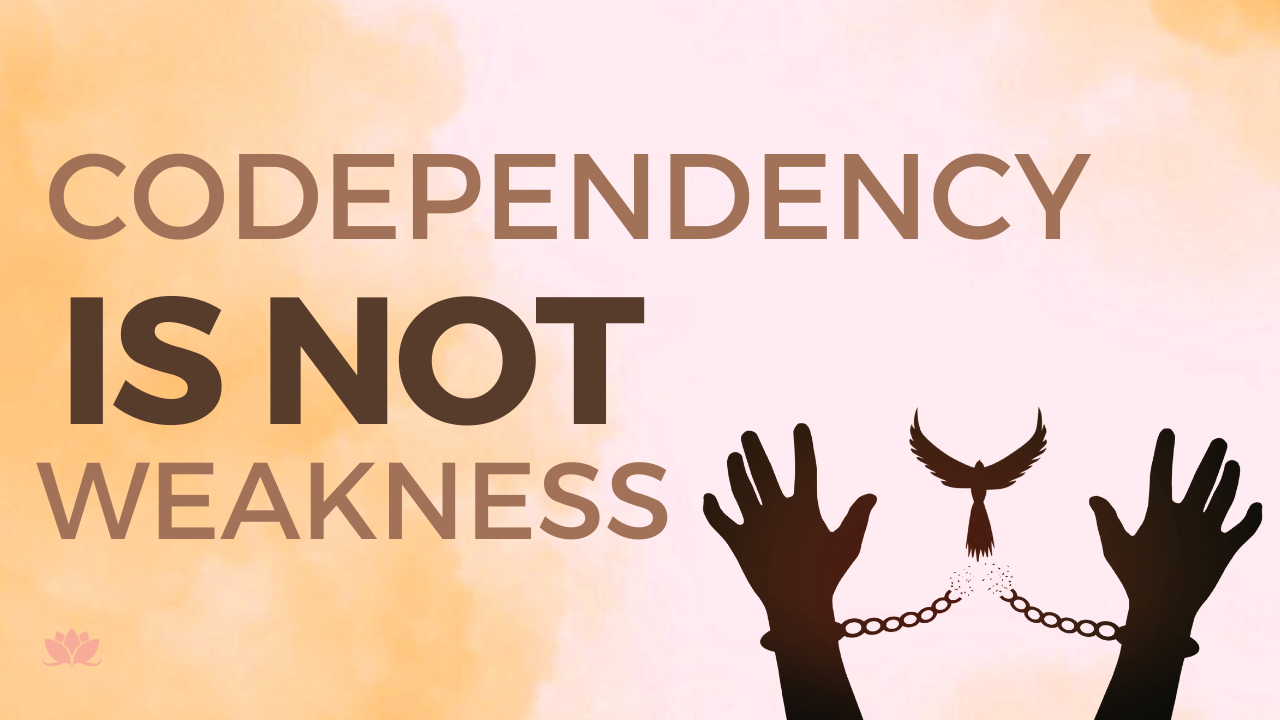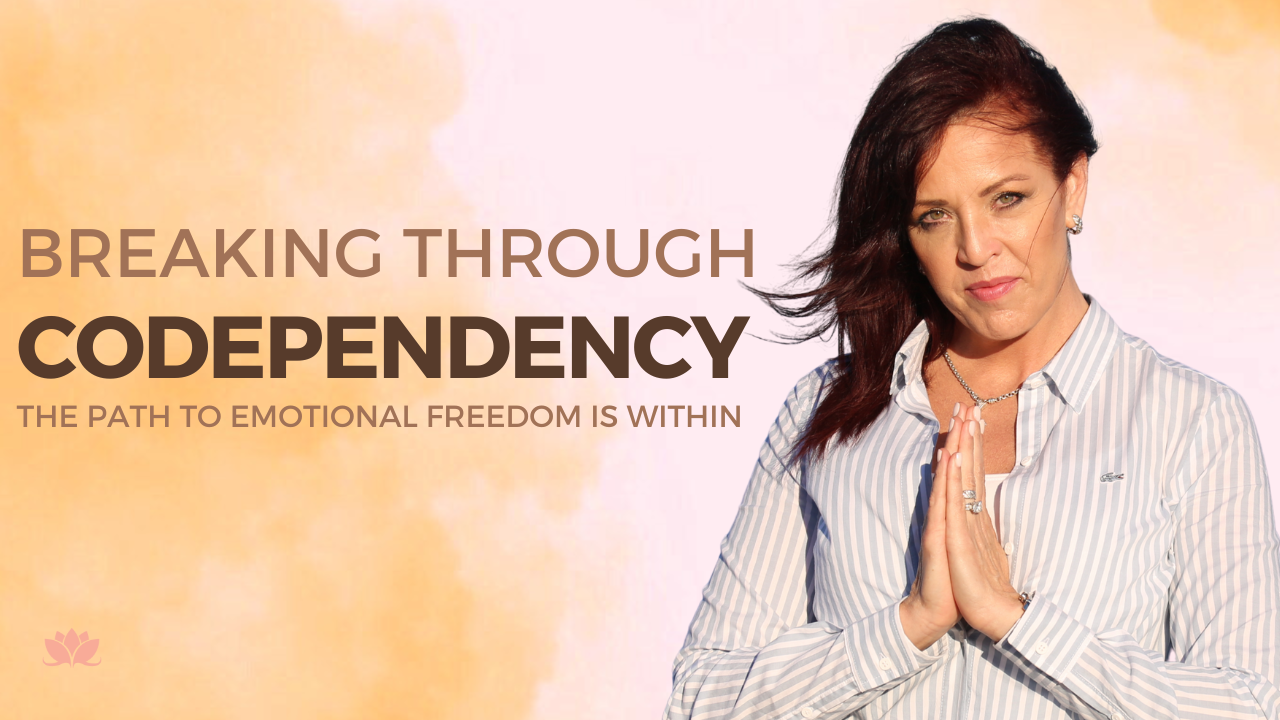Many of us think of boundaries and see lines in the sand
Many of us think of boundaries and see lines in the sand Blog By Lisa A. Romano
%20(1).webp)

Many people ask me about how to set boundaries. I am asked things like,
"How can I set a clear boundary with my mother-in-law?"
"How can I set a boundary with my children?"
"How can I set a boundary with my mother?"
The thing is, you cannot serve two masters.
Dear One, you HAVE to DECIDE. Will you serve others’s happiness or your OWN?
Will you serve to PLEASE others or will you learn to live to please your SELF?
Will you cater to the needs of OTHERS or will you learn to cater to your OWN needs?
Boundaries are misunderstood. Many of us think of boundaries and see lines in the sand or clear lines of demarcation. When we think of boundaries we see stop signs in our heads and sometimes feel this tightness in our chest. We associate boundaries with being tough and strong--and yet--boundaries are about being open, honest, kind, authentic and real.
You know that electric surge you feel go up to your spine when someone does something that ticks you off, or what about that tight feeling in your chest? Or how about when you notice you've stopped breathing because someone just said something really crappy about you--or to you and you have no clue how to answer them--yep--all of those FEELINGS are coming from your HEART. These impulses are the way your HEART is trying to get you TO PAY ATTENTION.
Sometimes we feel these sensations when someone we love has said something that causes us to question our INTENTION--and sometimes that is legitimate. BUT far too often most of us are being PUSHED around by self-absorbed, controlling, manipulating, deceitful, narcissistic others AND when we FEEL our bodies telling us that something is WRONG we NEED to listen AND we need to start implementing BOUNDARIES asap.
The next time you feel your body tighten up LISTEN and then ask yourself;
What is happening here?⠀⠀⠀⠀⠀⠀⠀⠀⠀
Why do I feel this way?⠀⠀⠀⠀⠀⠀⠀⠀⠀
Have I been violated in some way?⠀⠀⠀⠀⠀⠀⠀⠀⠀
Am I being abused, minimized, criticized, or intentionally wounded by this person?
Do I trust this person?
Identifying WHEN a person has crossed a line can help you identify when you need to set a boundary. When dealing with a narcissist, the boundary might be simply walking away, practicing shutty-shutty, or refusing to spend time with that person for a while.
The first matter of business, identify WHEN and HOW someone has crossed a boundary.
You got this!



